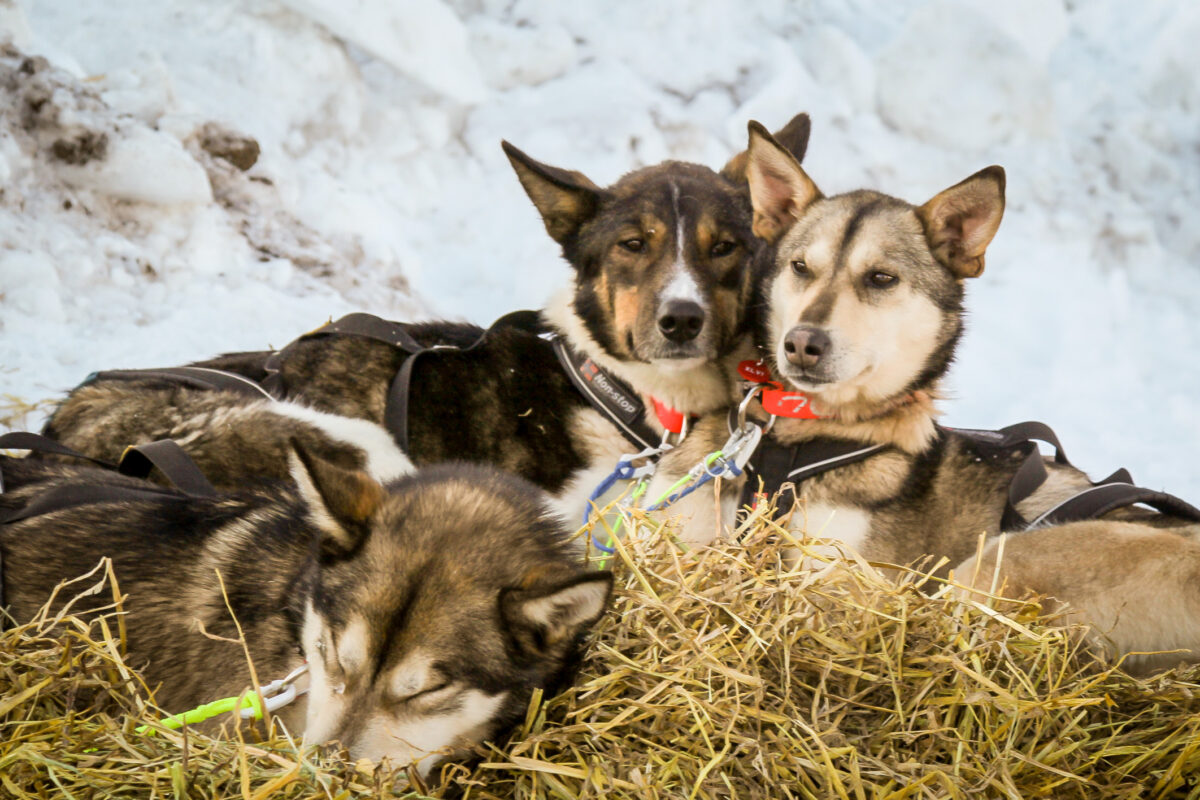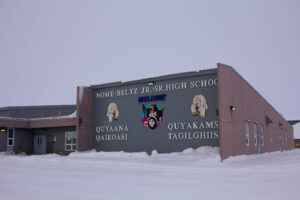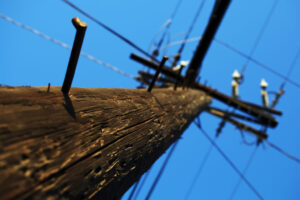Time is an integral piece of the Iditarod Trail Sled Dog Race, as mushers are racing each other and the clock to reach the burled arch in Nome as soon as they can.
However, the amount of time teams spend on the trail can change drastically, especially when Daylight Saving Time is in effect.
About seven days into the race, on Sunday morning at 2am, the entire state of Alaska sprung forward one hour. With that sudden time change, Iditarod Race Marshal, Mark Nordman, explains the race staff don’t do much to account for the 60-minute difference.
“They actually have that all computerized, and it turns it right over. What affected me was I was up at 5am and somebody told me it was actually 4 o’clock. When we first started dealing with it, we were like ‘oh my goodness we haven’t figured this out,’ but it is something that we’ve covered.”
According to Nordman, there is no need to adjust mushers’ times or change race clocks when the Iditarod ends, because the computers automated that process yesterday. The timing of the race was also affected when Iditarod staff decided to make Eagle Island a hospitality stop instead of an official checkpoint this year, causing teams to travel the 130-mile stretch of trail with extra gear and supplies.
In Nordman’s opinion, though, that change in logistics did not matter to the front runners.
“It doesn’t affect these top teams; I mean, these guys are such pros. And I think the trail will be better all the way up. They did have it blown in; it was definitely a hard slog. But every year is different. We used to say if a storm comes on, out of the coast, then Jerry Austin is going to win, because Jerry lives on the coast. And now, it’s gotten to be to the point where any, somebody, is going to be on a dream run, where anything Mother Nature throws at them isn’t going to affect it.”
And we’ll see what Mother Nature throws at the remaining 62 mushers as they travel along the Norton Sound, the more than 250-mile-long coastal part of this trail, all the way to the finish line in Nome.
Image at top: Joar Ulsom’s dogs nuzzling at the Unalakleet checkpoint on Sunday, blissfully unaware of the impacts of Daylight Saving Time. Photo: Zachariah Hughes, Alaska Public Media.





